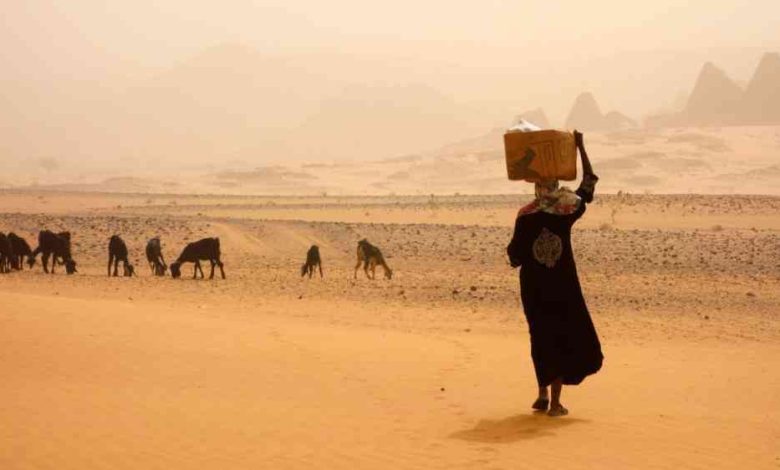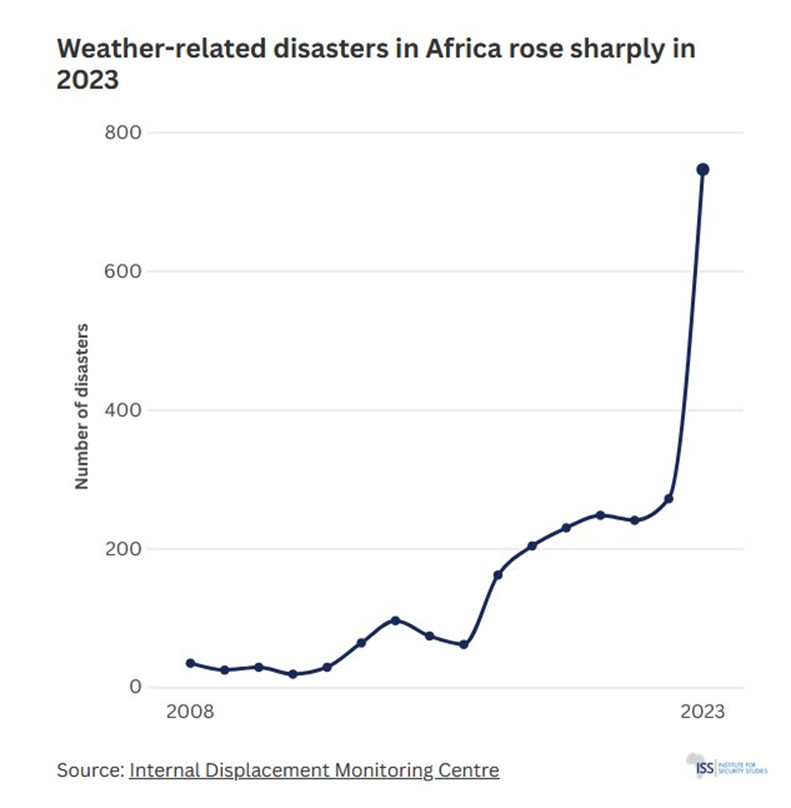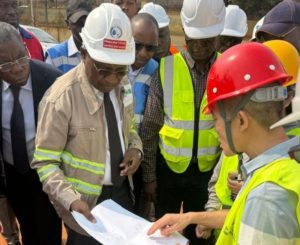Climate Change and Conflict Could Displace 113 Million Africans by 2050, ISS Africa Warns

A new report released yesterday by the South African think tank Institute for Security Studies (ISS Africa) has sounded the alarm over the compounded effects of conflict and climate change on the continent. The study, titled Turning Africa’s Legal Advantages into Benefits for Climate Refugees, projects that by 2050 nearly 113 million Africans – or roughly 5% of the continent’s population – may be forced to leave their homes due to extreme weather events.
According to the report, while most climate migrants are expected to relocate within national borders, an increase in cross-border movements is also anticipated. Yet many vulnerable populations will find themselves “trapped” by insufficient resources, with climate change intensifying the impacts of declining agricultural yields, severe water shortages, and rising sea levels.
The research highlights a dramatic 600% surge in climate-related displacement between 2009 and 2023, with 6.3 million people affected in 2023 alone by disasters such as floods, storms, droughts, wildfires, landslides, erosion, and extreme temperatures.
Beyond the immediate physical impacts, the report underscores how climate change exacerbates underlying vulnerabilities in regions already plagued by political instability, poor governance, and socio-economic challenges. In these areas, worsening weather conditions can trigger violence and public unrest, further fuelling displacement. Notably, several of Africa’s largest UN peacekeeping missions are operating in some of the continent’s most climate-vulnerable countries, including the Central African Republic, South Sudan, the Democratic Republic of Congo, Mali, and Sudan.

While the report commends Africa’s progressive legal frameworks – notably the 1969 Organization of African Unity Convention and the 2009 Kampala Convention – which offer broad protections to refugees and internally displaced persons, it also notes that these frameworks are not being fully implemented. Rising nationalism, waning political will, scarce financial resources, and inadequate asylum policies are cited as major hurdles. Furthermore, a lack of technical knowledge on the intersection of climate change and displacement hampers efforts to translate these legal protections into practical measures.
As the continent braces for further impacts, the report calls for enhanced technical capacity and political commitment to harness existing legal frameworks and develop free movement protocols that could ease cross-border migration when traditional avenues are blocked.
The findings present a stark reminder that in Africa, the challenges of climate change, conflict, and displacement are deeply intertwined – demanding a coordinated response from governments, legal institutions, and the international community.





